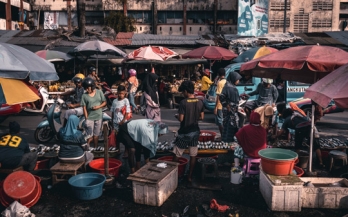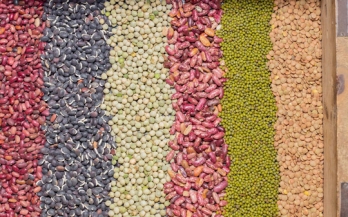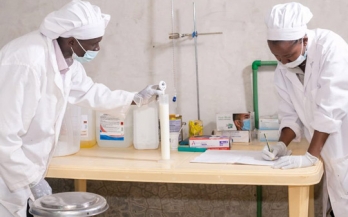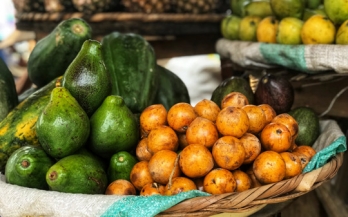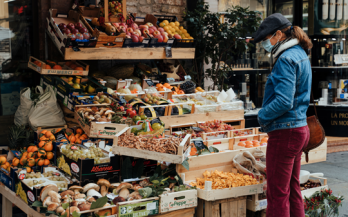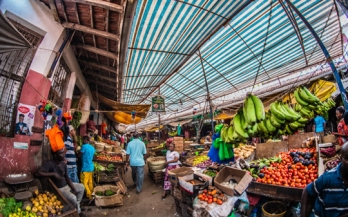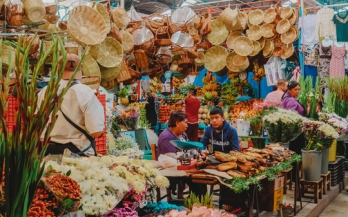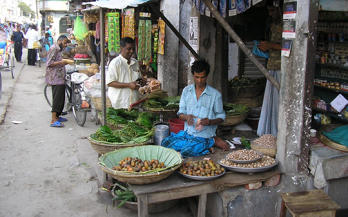This Situation Report—the fifth in a series—finds that COVID-19-related control measures continue to have an impact on food systems in 10 countries where GAIN works: Bangladesh, Ethiopia, India, Indonesia, Kenya, Mozambique, Nigeria, Pakistan, Rwanda and Tanzania.
With the Nutrition for Growth and United Nations Food Systems Summits scheduled in 2021, ambitious new multi-stakeholder commitments and actions are expected for better access to safe nutritious food. In 2019 the world was already off-track to achieve SDG2 - Zero Hunger - and the impact of the Covid-19 pandemic is expected to exacerbate this gap requiring stronger financing and actions for nutrition.
This paper summarises research conducted on the impacts of COVID-19 on LMICs’ food systems. It
reviews interventions implemented to support agri-food SMEs, including rapid responses to keep markets working, strategic recovery interventions to build back better, and systemic shifts to facilitate continuous learning and adaptation.
This document is an Addendum to the Global Options Paper, Weathering the Pandemic to Build Back Better: Options for Supporting SMEs in Low- and Middle-Income Countries. The Global Options Paper is a rapid review and analysis of the challenges facing agri-food SMEs.
This document is an Addendum to the Global Options Paper, Weathering the Pandemic to Build Back Better: Options for Supporting SMEs in Low- and Middle-Income Countries. The Global Options Paper is a rapid review and analysis of the challenges facing agri-food SMEs.
The COVID-19 pandemic is a multiplier of vulnerability, compounding threats to food security and nutrition (FSN), while exposing weaknesses in food systems. This report summarises the current situation of Nigerian food systems amidst COVID-19 with a special emphasis on small and medium-sized enterprises (SMEs) and how nutritious foods value chains are changing.
A survey of food system SMEs in 14 countries, aiming to assess the impacts of the COVID-19 pandemic and associated control measures on their businesses and their support needs, was undertaken by GAIN and partners, including the Scaling Up Nutrition (SUN) Business Network (co-convened by the World Food Programme (WFP)). This survey took place in October/November 2020, following one in May 2020.
The COVID-19 pandemic is a multiplier of vulnerability, compounding threats to food security and nutrition (FSN), while exposing weaknesses in food systems. This report summarises the current situation of Kenyan food systems amidst COVID-19 with a special emphasis on small and medium-sized enterprises (SMEs) and how nutritious foods value chains are changing.
The Food Systems Dashboard brings together extant data from public and private sources to help decision makers understand their food systems, identify their levers of change and decide which ones need to be pulled. The Global Burden of Disease study showed that unhealthy diets contribute to 11 million deaths per year.
Poor people in the global South eat diets with few nutrient-dense foods, putting children and adults alike at risk of malnutrition. Strategies to improve their diets will look different depending on whether current access to such foods is mostly via home production or via purchase and on whether poor families actually want to consume more of specific nutrient-dense food groups.
